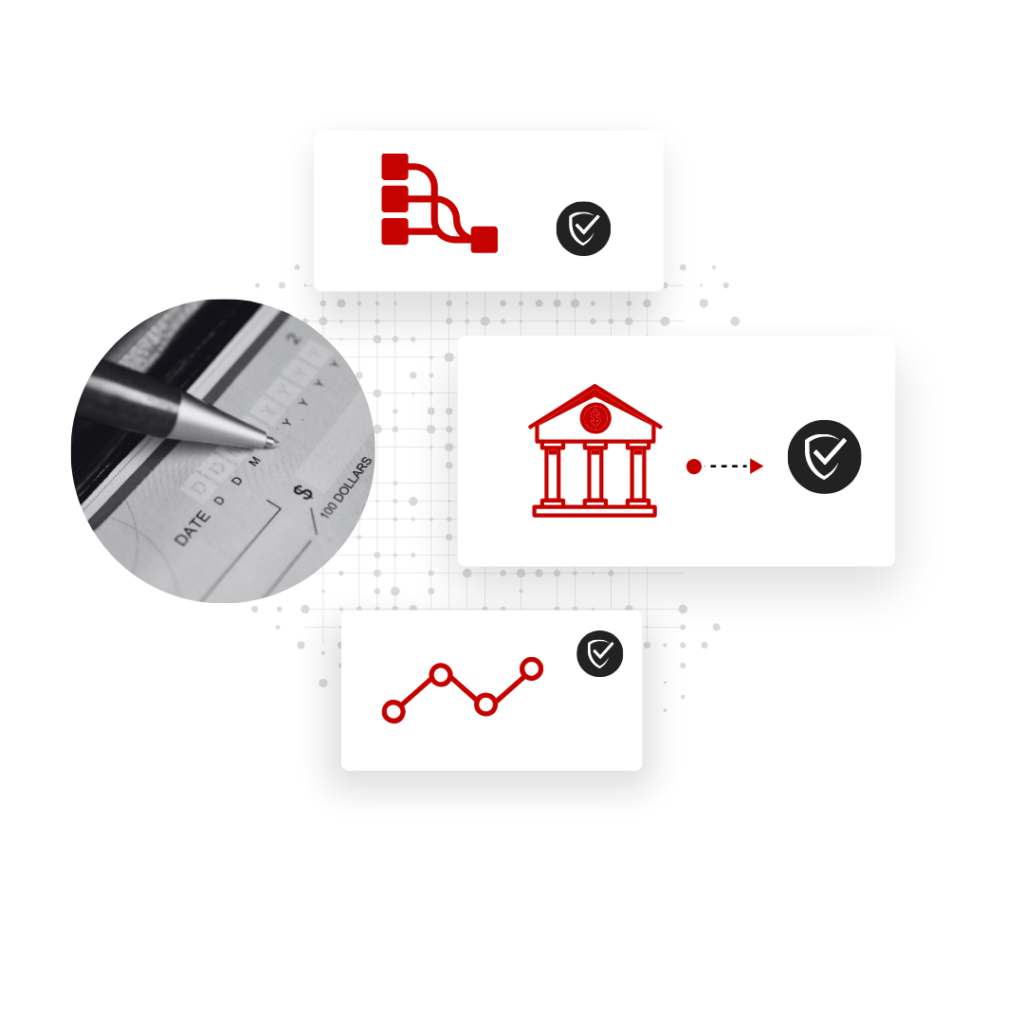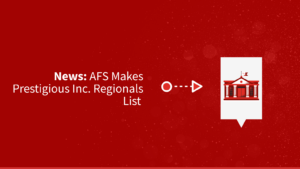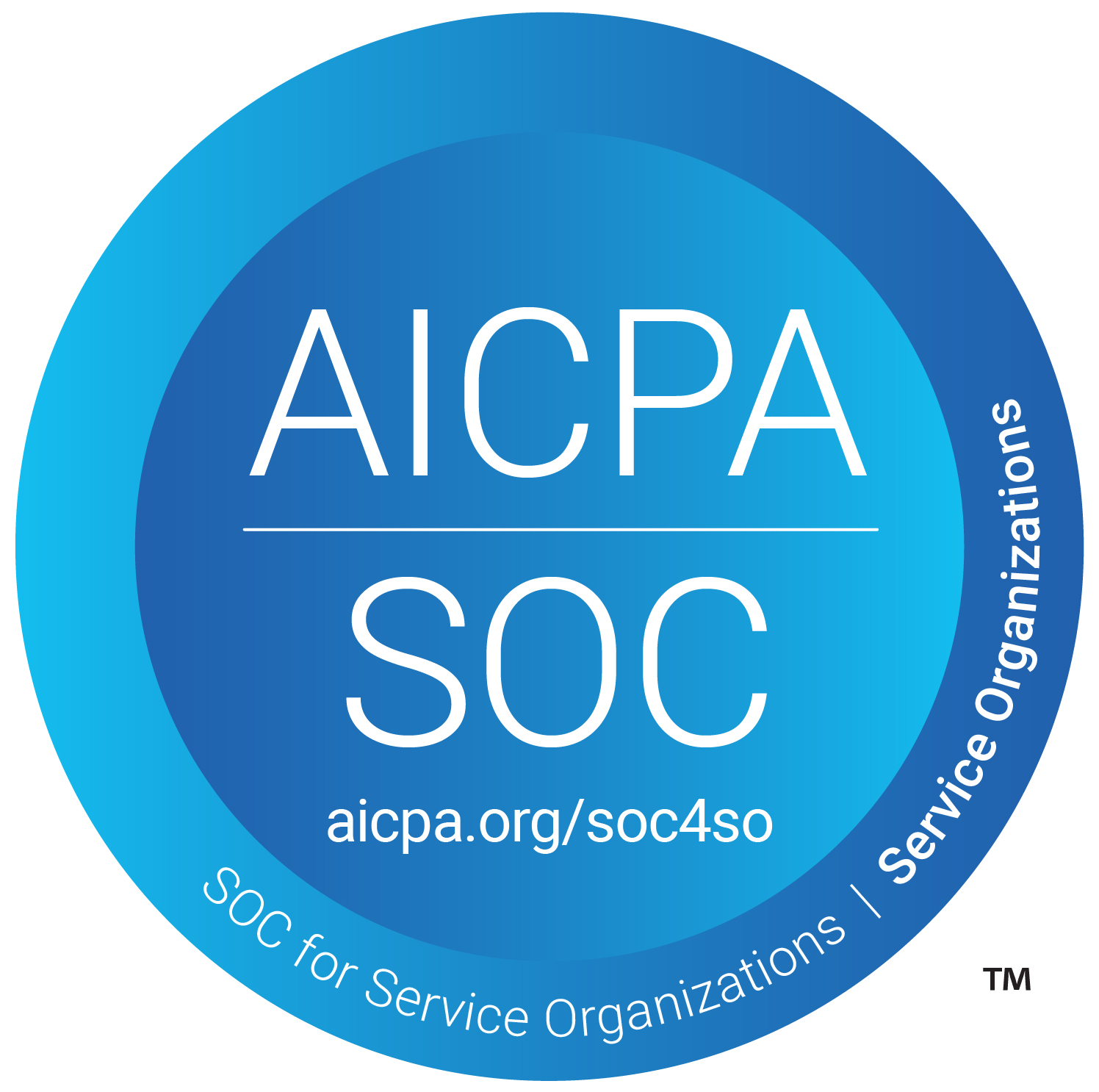Advanced Fraud Solutions
Stop fraud losses with Consortium Intelligence™️
Data says that payment fraudsters are winning. We can’t accept that. Welcome to Advanced Fraud Solutions, your ally against financial fraud. Our consortium-powered database brings together powerful account-level data from thousands of FIs, processors, and third-party sources.
More than 1,000 FIs trust AFS to stop fraud before it hits their bottom line.


It’s time to to fight back
Eliminate deposit fraud with Advanced Fraud Solutions
In 2007, a coalition of North Carolina financial institutions created a consortium-based fraud detection solution. This initiative evolved into Advanced Fraud Solutions, now the industry’s largest and most trusted fraud prevention database. Today, we lead the fight against check, ACH, and business account fraud. Our tools empower financial institutions of all sizes to outsmart fraudsters.

POWERFUL DATA
Unmatched fraud database
Largest check fraud database in the industry

PROVEN SUCCESS
Protecting over 1,000 Financial Institutions
Trusted by leading banks and credit unions nationwide

RECOGNIZED EXCELLENCE
Celebrated for performance
Six time recipient, Inc. 5000 fastest-growing company

Fraud prevention solutions
Fight back with us
Don’t just accept fraud losses

Check Fraud Prevention
Despite falling check volume, check fraud continues to rise. Our real-time deposit fraud detection software catches bad checks before a loss can occur.
ACH Fraud Prevention and Account Validation
Faster payments, faster fraud. Our ACH account validation solution can mitigate fraud as well as aid in compliance.
Wire Fraud Defense
Be proactive at identifying wire fraud threats. Safeguard wire transfers with TrueWire.
Next-Gen Positive Pay
Prevent check and ACH fraud for your business account holders with Positive Pay by AFS.

It is simple to use and alerts our tellers to possible fraud right at the time of presentment. TrueChecks® is one of our new favorite tools in fighting fraud!

Stop taking fraud losses
With fraud outpacing current safeguards, FIs are taking painful losses and trying to explain it to stakeholders. Staying ahead, questioning whether risk measures are enough, and confronting fraud’s impact—it’s a drain on resources and potential.
As a financial institution leader, you’re fighting the never-ending threat of deposit fraud while also working to serve your account holders. Every day, you try to navigate the demands of loss prevention, operational efficiency, and optimizing institutional success.
Latest posts
Read the latest insights on the deposit fraud landscape from the experts at AFS.



